European car registrations fell by 7.1% in April as diesel continued to lose popularity among consumers, according to reports by Jato Dynamics.
Diesel-fuelled vehicles experienced a 15% decline to lose dominance of the marketplace – falling to 46% of the market, compared to 50% a year earlier – as 1.22 million units were registered across Europe.
Spain was the only market within the top five by scale to experience an increase in registrations, albeit just 0.8%, as the UK slumped by 19.8%.
In Germany, registrations decreased by 8%, followed by France, which saw a fall in registrations of 6.2%.
Jato's report comes a week after European trade organisation ACEA reported that Europe's new car sales had dropped 6.6% in April.
According to Jato, the three big car manufacturers all lost market share.
PSA Group (including Vauxhall and Opel) was the biggest loser, posting a 0.42% market share decline to 16.14% as it experienced declines across all its brands, while Volkswagen Group made the second biggest market share loss of 0.4%, taking its market share to 24.89%.

PSA and Volkswagen did have some positive news, however.
The Golf regained its position as Europe’s most popular car, after losing its title to the Ford Fiesta in March, while the Peugeot 3008 made the largest gain in terms of market share, becoming the fifth best-selling SUV.
FCA Group and Toyota were the biggest market share winners in April, meanwhile, with 0.45% and 0.37% gains taking their respective share to 7.23% and 4.33%.
Europe’s declining registrations particularly affected traditional car segments, Jato said.
Compact cars posted a drop in registrations of 11.9%, subcompact registrations decreased by 9% and MPV registrations shrunk by 21.3%.
Meanwhile, SUVs continued to grow, posting an increase in registrations of 7.2% - but this growth wasn’t enough to offset the double-digit drops seen by other segments.

Felipe Munoz, global automotive analyst at Jato Dynamics, said: “Diesel has lost its dominance in the Euopean car market.
“While there are several reasons for this shift, all evidence points to the ‘dieselgate’ scandal as the start of this decline.
“Since the scandal, which broke in 2015, the fuel type has suffered major setbacks to its reputation as governments consider new legislation that directly affect diesel car owners – such as plans in the UK for a diesel scrappage scheme.
“In tandem with this, the media continues to advise consumers to avoid the fuel type wherever possible.
“When factoring in the ongoing push for electric/hybrid vehicles, which are particularly prevalent in markets like the UK, it is perhaps no surprise to see this decline in performance from diesel.”

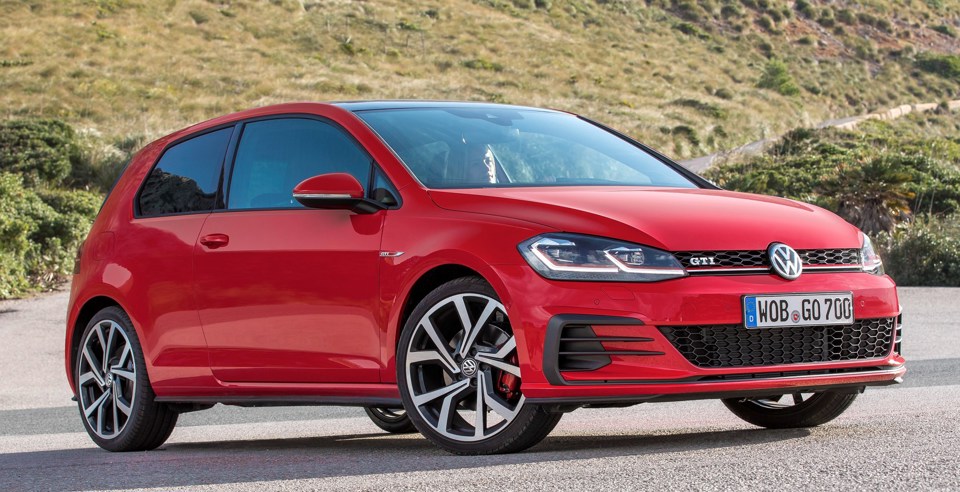
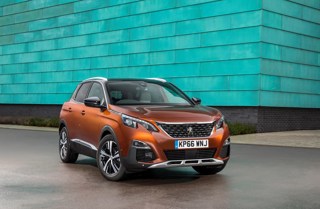
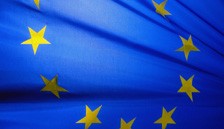

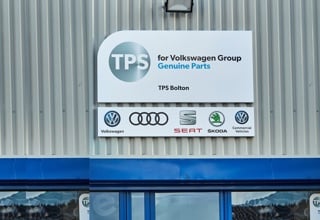
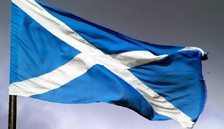












Login to comment
Comments
No comments have been made yet.